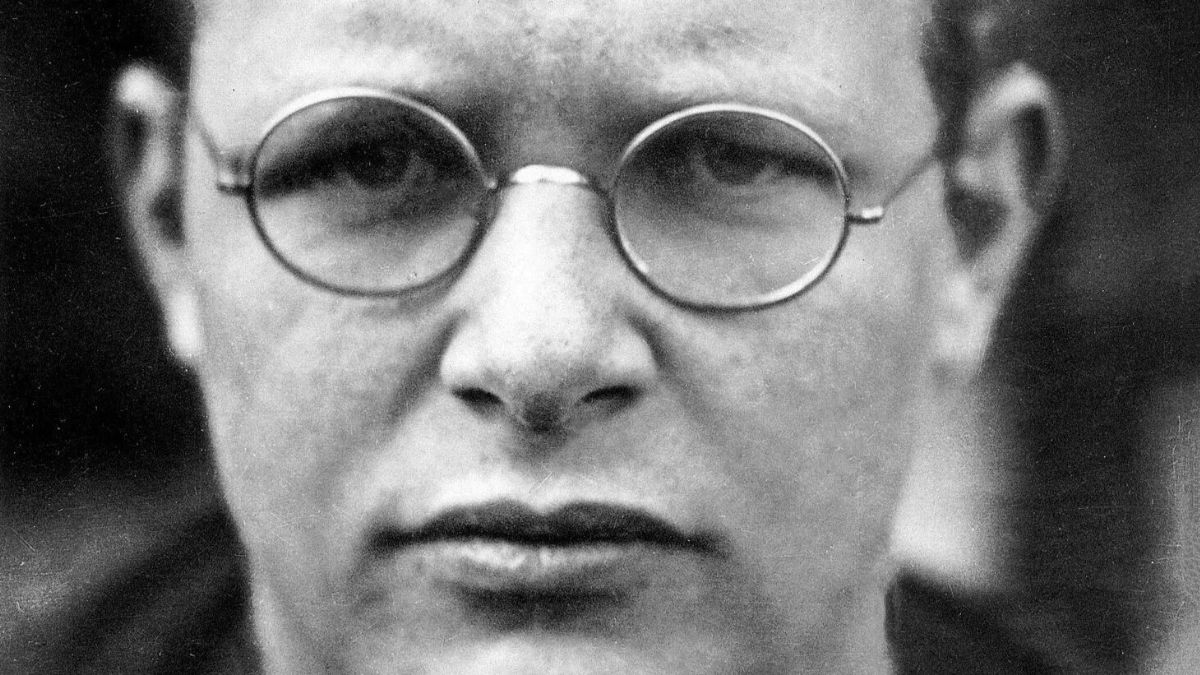

BreakPoint
The Issue that Won’t Go Away
It's an issue that just won't go away. As in vitro fertilization becomes increasingly popular, a nagging question remains: What happens to the embryos that are created but not chosen? To hear some people talk, getting rid of an unused embryo is as easy as getting rid of an old shoe. But a new study from the University of Pennsylvania reveals that it's not that simple. The survey of 217 fertility clinics showed that clinic staffers are often uncertain about how to handle the situation. Researcher Arthur Caplan stated, "There is certainly a lot more ambivalence about what embryos are than I had ever imagined before starting this study." Of the 217 clinics that participated, seven refused, for "religious and ethical reasons," to create more embryos than necessary. And of the 208 that did create and preserve them and fully answered the questionnaire, 33 didn't dispose of them at all. Again, several of them cited "religious considerations." What about the rest? The researchers report that "165 of the 175 clinics practicing disposal (94 percent) disposed of embryos as biological waste material" -- often incinerating them. The embryos that escape that fate are donated for research, which destroys them -- gruesome. There is an encouraging sign, however, that a growing number of clinics are now donating embryos for adoption. But they're still in the minority, compared to the number of clinics that simply dispose of those tiny lives. Nonetheless, certain details in the study show how torn clinic staffers can be about their job. Seven of the clinics that disposed of embryos actually held ceremonies over them, all of which included prayer. Another seven cultured the embryos and allowed them to develop as long as they could outside the womb before disposing of them. Even policies about whether or not the parents of the embryo should be there for the disposal reflect the same deep ambivalence. The report states, "4 of the 175 clinics . . . insisted that the involved couple be present at disposal, 23 . . . gave the couple the option of being present, 117 . . . allowed the couple to be present if requested but did not offer the option explicitly, and 25 . . . insisted that the couple not be present . . . 4 clinics . . . noted that they give embryos to couples for disposal." No one seems to explain why embryos are being treated this way, but Arthur Caplan gave it a try. "I don't think anyone who deals with these frozen embryos considers them to be persons," he said. "But I think that they feel they are deserving of respect . . . They see the potential for life in this material." Whether they want to call it life, potential life, or just a blob of cells, this strange respect that they feel in its presence should make these staffers ask themselves some tough questions. They would soon discover that deep down inside, they do consider them to be persons. It's one more proof of the moral law written on each of our hearts -- the knowledge that each human life, no matter how small or undeveloped, is sacred in God's sight. This new report is encouraging because it indicates that even in this time of moral relativism, people do still know the truth. For further reading and information: Andrea D. Gurmankin, et al., "Embryo disposal practices in IVF clinics in the United States," Politics and the Life Sciences 22, no. 2 (2004). (Adobe Acrobat Reader required.) David B. Caruso, "Fertility Clinics Vary on Embryo Disposal," Newsday, 17 September 2004 "Delicate issue: Disposing of embryos," CNN, 17 September 2004. Maria Gallagher, "Human Embryos Routinely Discarded at U.S. Fertility Clinics," LifeNews.com, 1 September 2004. William L. Saunders, "The Unchosen Frozen," Touchstone, March 2004. Carl T. Hall, "The forgotten embryo," San Francisco Chronicle, 20 August 2001. Gina R. Dalfonzo, "Snow Angels," Citizen, October 2001. Don Kladstrup, "'Adoption' an alternative to embryo disposal?" CNN, 30 July 1996. Leon R. Kass, "Playing Politics with the Sick," Washington Post, 8 October 2004, A35. Read this statement from Rep. Dave Weldon (R-Fla.) on stem cell research. (Adobe Acrobat Readerrequired.) BreakPoint Commentary No. 031001, "Pretty Stones and Dead Babies: Abortion's New Language." BreakPoint Commentary No. 040420, "Spin Control: Abortion Advocates Attempt to Fix Their Message." Charles Colson and Nigel Cameron, Human Dignity in the Biotech Century: A Christian Vision for Public Policy (InterVarsity, 2004). The Wilberforce Forum's "Playing God?" curriculum, from Group Publishing, is designed for churches and small-group studies to address a myriad of bioethics issues, such as stem cell research, in vitrofertilization, cloning, and abortion.
10/12/04















